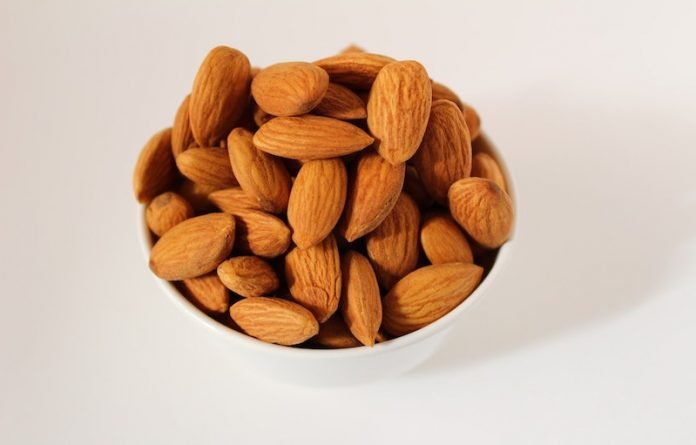
In a recent study from Indiana University, scientists found few differences between eating French fries or almonds as a daily snack.
They found there is no evidence of differential effects between eating a typical 300-calorie serving of French fries daily and a 300-calorie serving of almonds daily when it comes to weight gain or markers of type 2 diabetes risk.
In the study, researchers compared the changes in body composition (i.e., body fat mass), body weight, fasting glucose, and fasting insulin levels in 180 adults at the end of the one-month trial across the French fry and almond intervention groups.
As expected, given the difference in carbohydrate content between the French fries and almonds, blood glucose and insulin levels were higher after consuming the French fries.
However, these levels were not elevated beyond a normal range, and this difference did not have an apparent impact on any other glucoregulatory biomarkers.
The results showed two food items identified previously for opposite associations with health outcomes had no differences in effects on the health outcomes.
A more effective approach to dietary guidance is likely one that takes total diet, lifestyle and individual needs and risk factors into account.
The study’s strengths include its randomized controlled trial design, considered the gold standard in identifying causal links, as well as the standardization of the study foods’ preparation, presentation, and convenience.
If you care about nutrition, please read studies that vitamin D can be a cheap treatment for COVID-19, and vitamin K may help cut heart disease risk by a third.
For more information about nutrition, please see recent studies about food that could lead to better cognition in older people, and results showing this common food oil in the U.S. can change genes in the brain.
The study is published in The American Journal of Clinical Nutrition and was conducted by David Allison et al.
Copyright © 2022 Knowridge Science Report. All rights reserved.



